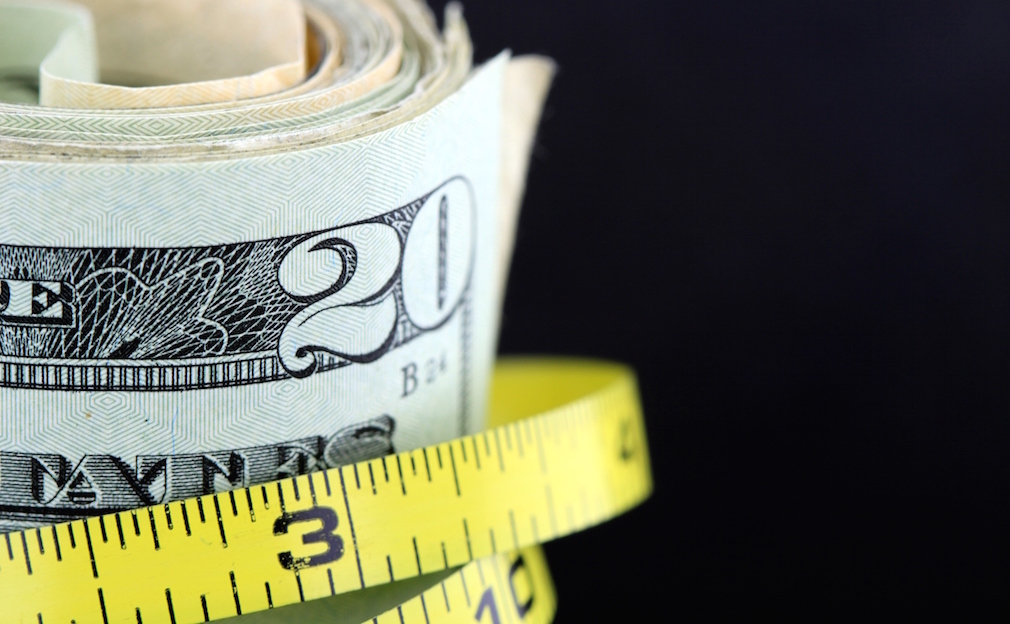The threat of international tariffs modestly reduced consumer confidence in June, according to the latest Consumer Confidence Survey conducted by The University of Michigan.
In June the index of consumer sentiment was 98.2, which is a 3.4% increase from this time last year when it was 95. Current economic conditions were 116.5 this month, increasing 3.6% from 112.4 in 2017, and the consumer index was 86.3 this month, increasing 3% from 83.8 in June of last year.
An article by Jill Mislinski for Advisor Perspectives explains what this means historically:
The Michigan average since its inception is 85.4. During non-recessionary years the average is 87.6. The average during the five recessions is 69.3.
Earlier this year, President Donald Trump announced he would implement various trade tariffs internationally, which he expects to benefit the U.S. economy. However, economists and consumers say that these tariffs could negatively impact American wallets.
As Trump and key trading allies in Europe and other regions increase trade tariffs, tensions are expected to threaten interest rates.
Surveys of Consumers Chief Economist Richard Curtin said consumers anticipate interest rates to rise in the year ahead. However, these increases are associated with a modest decline in longer term prospects for the national economy.
Curtin also noted that American consumers believe trade with other countries is essential to keeping a broader range of available goods at fair prices.
In fact, when asked in a recent survey about their views on international trade, two-thirds of consumers thought that more trade with other countries would be better for the domestic economy, according to Curtin.
“One-in-four consumers cited the potential impact of tariffs on the domestic economy would be negative,” Curtin said. “The primary concerns were a downshift in the future pace of economic growth and an uptick in inflation.”
From February through March, 67% of Americans thought more trade would be better for the economy, while only 18% said they thought it was not significantly beneficial, according to the survey.
Business firms say that trade talks are already beginning to effect the business sector.
A recent report conducted by MNI, a provider of business and consumer surveys, revealed that just under a quarter of firms said that trade talks were already having a significant impact on business. An additional 39.2% said only a minimal amount, 17.7% said they were immune to disruptions, while the remaining 19.6% were uncertain.
The National Association of Home Builders/Wells Fargo revealed in their monthly Housing Market Index report that tariffs placed on lumber contributed to homebuilder confidence slipping two points to 68 in June. Lumber prices have made homebuilding less affordable, therefore contributing to homebuyers hesitation about purchasing homes.
Although the Consumer Confidence survey states that consumer sentiment shifted slightly, it is safe to say that consumers are starting to worry about the threat tariffs may pose to their wallets.






